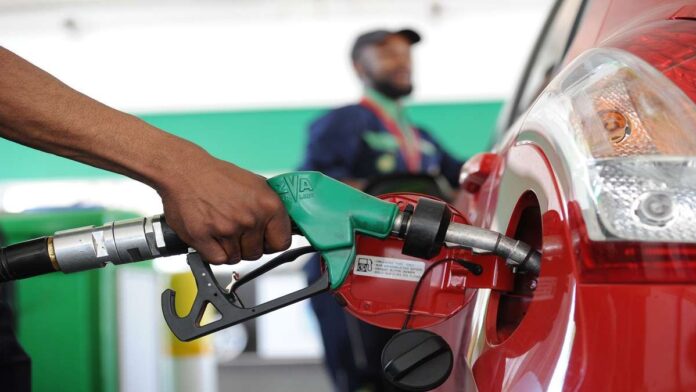By Milcah Tanimu
Nigeria’s downstream petroleum sector is in turmoil as signs emerge that the Federal Government may be unable to maintain the current petrol subsidy. This development, spurred by a steady increase in petrol import costs, has sparked concerns that the pump price could soon be hiked to enable the Nigerian National Petroleum Company Limited (NNPCL) to cover its growing financial obligations to international suppliers.
Industry experts revealed that the pump price might soon surge to ₦1,000 per litre or more, with the landing cost of petrol currently estimated at about ₦1,200 per litre, excluding distribution costs to filling stations.
NNPCL is reportedly struggling to secure sufficient supply to meet the nation’s demand, a situation exacerbated by some suppliers’ reluctance to continue delivering fuel on credit. This supply shortfall has intensified fuel scarcity in the past week, leading to severe disruptions in the transportation sector and widespread hardship for Nigerians.
According to a transactional analysis obtained by Vanguard, the total landing cost of petrol—including expenses such as freight, insurance, and port charges—has risen to ₦1,205.52 per litre. When additional costs like transportation and marketers’ margins are factored in, the estimated official pump price could reach ₦1,405 per litre.
Even at a proposed price of ₦1,000 per litre, the subsidy burden remains high, putting the government in a difficult position. Officials are now weighing the possibility of either fully eliminating the subsidy or finding a compromise to share the cost burden between the government and consumers.
NNPCL has already signaled that it cannot sustain fuel imports at the rising costs, and the company’s financial stability is at risk. The national oil company, which was allowed by President Bola Tinubu to use the 2023 final dividends due to the federation to fund the subsidy, has indicated that it will struggle to remit taxes and royalties to the government as long as subsidy payments continue to balloon.
With the fuel importation costs skyrocketing and the Naira’s depreciation adding further strain, the subsidy bill has escalated dramatically, making it increasingly difficult for the NNPC to meet its financial commitments.
As a result, petroleum marketers are expecting a new pump price to be announced soon. However, they have stated that importation will only be feasible if they receive government support, including stable foreign exchange rates and a competitive pricing framework.
Amidst these challenges, the Dangote Refinery has announced plans to commence petrol production by mid-September 2024. This development has raised hopes that the refinery, with its capacity of 650,000 barrels per day, could help alleviate Nigeria’s dependence on imported fuel.
Experts in the oil and gas sector have called for greater cooperation between the Federal Government and local refineries to ensure the efficient processing of crude oil for domestic use. They also urged the government to conduct a forensic audit of NNPC’s financial records and fully implement the Petroleum Industry Act (PIA) to stabilize the downstream sector.
In the meantime, the ongoing fuel scarcity has taken a heavy toll on transportation and daily life across the country. Many filling stations in Lagos and its environs remain closed, while long queues and high black-market prices persist, causing frustration among motorists and further driving up transportation costs.

